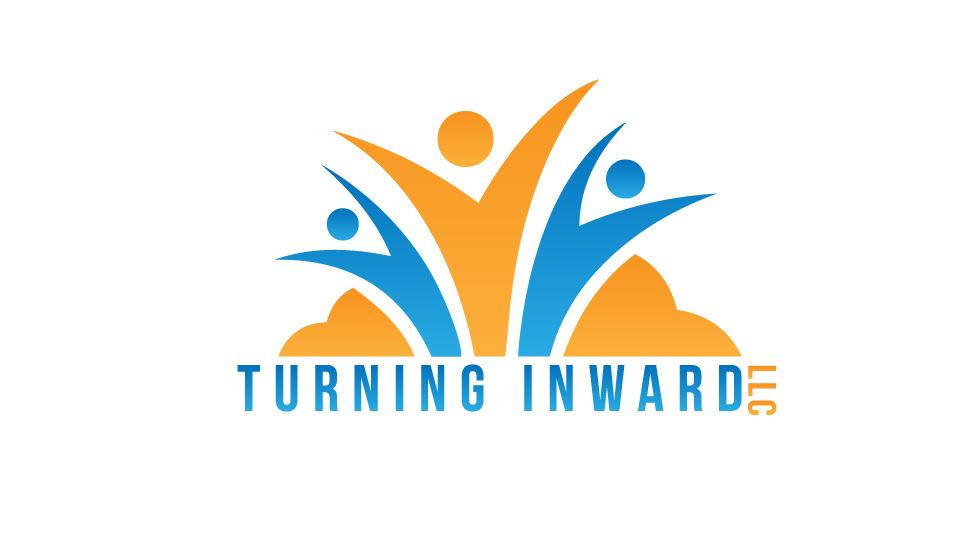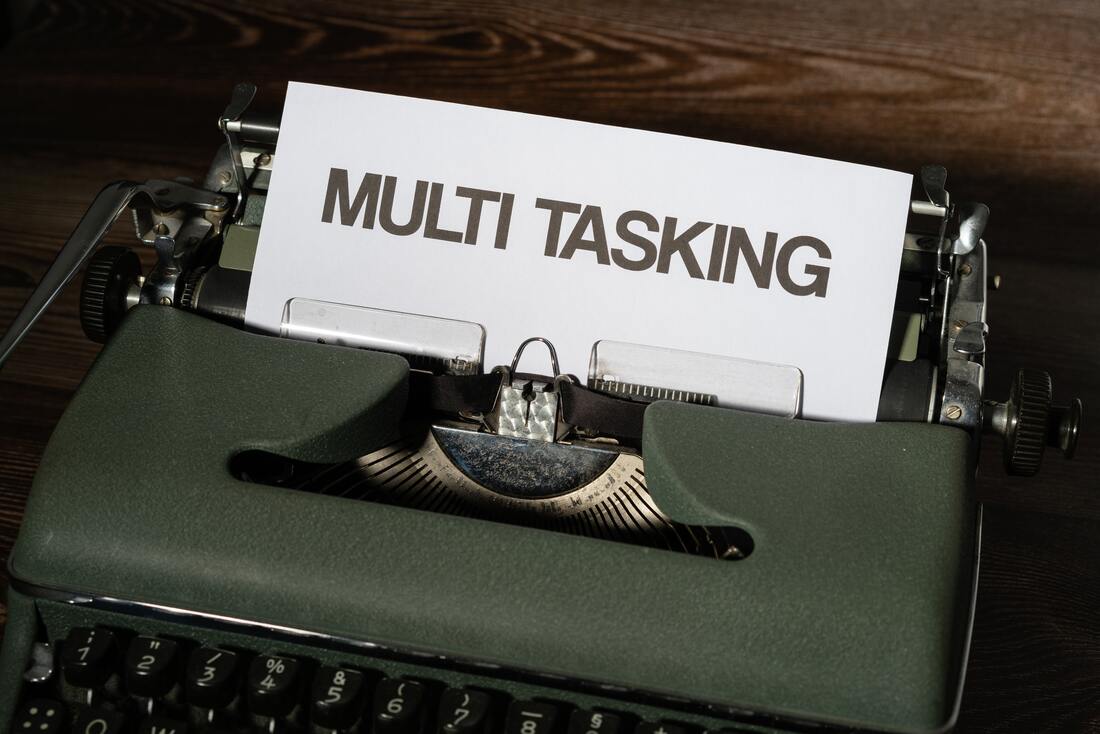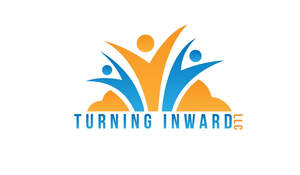|
I hope this newsletter finds you with a peaceful mind and heart. 4-minute read Understanding Our Role in the End of Relationships: A Pathway to Personal Growth Relationships are complex, and when they come to an end, it's natural to experience a range of emotions. However, rather than solely attributing blame or pointing fingers, a deeper understanding of our role in the dissolution can lead to valuable personal growth and healing. Here, we explore the importance of identifying our role in relationship endings and how this awareness can foster emotional resilience and future relational success. 1. Accepting Personal Accountability The first step in understanding our role in the end of a relationship is accepting personal accountability. It's easy to attribute the breakup solely to the actions or behaviors of the other person, but acknowledging our own contributions—whether through actions, reactions, or inactions—is crucial for personal growth and moving forward constructively. 2. Reflecting on Communication and Behavior Reflection is key to gaining insights into our role in relationship endings. Consider how communication styles, emotional responses, or patterns of behavior influenced the dynamics of the relationship. Were there misunderstandings that escalated? Did certain behaviors contribute to a breakdown in trust or intimacy? Honest reflection helps uncover patterns that may have impacted the relationship's trajectory. 3. Learning from Emotional Triggers Relationship endings often bring emotional triggers to the surface. Identifying our emotional triggers—such as insecurities, fears of abandonment, or communication difficulties—can provide clarity on how these factors influenced relationship dynamics. Learning from these triggers involves developing emotional intelligence and self-awareness, which are essential for healthier future relationships. 4. Seeking Feedback and Perspective Seeking feedback from trusted friends, family members, or even a therapist can provide valuable perspective on our role in relationship endings. They can offer insights into blind spots or recurring behaviors that contributed to challenges within the relationship. Constructive feedback fosters personal growth and helps us make informed decisions in future relationships. 5. Cultivating Emotional Resilience Understanding our role in relationship endings is an opportunity to cultivate emotional resilience. It involves acknowledging and processing emotions—such as grief, disappointment, or guilt—while also recognizing our capacity to heal and grow. Cultivating emotional resilience empowers us to navigate future relationship challenges with greater strength and self-awareness. 6. Moving Forward with Intention Ultimately, identifying our role in relationship endings is about embracing personal growth and moving forward with intention. It's about learning from past experiences, letting go of blame or resentment, and focusing on becoming the best version of ourselves. By taking ownership of our actions and emotions, we pave the way for healthier relationships in the future. Conclusion In conclusion, understanding our role in the end of relationships is a transformative process that requires introspection, accountability, and a commitment to personal growth. By reflecting on communication, behaviors, emotional triggers, seeking feedback, cultivating resilience, and moving forward with intention, we not only heal from the past but also lay the groundwork for fulfilling and meaningful relationships ahead. So, the next time you find yourself reflecting on the end of a relationship, remember to explore your role in the outcome. Embrace the opportunity for self-discovery and growth, knowing that each experience contributes to your journey toward emotional resilience and relational success. “An early morning walk is a blessing for the whole day.”— Henry David Thoreau A little about me / my practice:
I wish you a healthy Summer season and look forward to seeing you when the time is right for you. Until then…. Tracy Hunt, MSEd, LPCC Owner, Turning Inward LLC “Gentle Support for Difficult Times” Email: [email protected] #relationshipendings #lifetransitions #personalgrowth #ohiocounselor #anxietycounseling #depressioncounseling #griefcounseling
0 Comments
I hope this newsletter finds you with a peaceful mind and heart. 2-minute read The Therapeutic Power of Laughter: Why Humor is Essential for Mental WellnessIn the hustle and bustle of our daily lives, amidst the chaos and stress, there's one powerful tool often overlooked but readily available to us: laughter. We've all experienced the joy and relief that comes with a good laugh, but did you know that laughter has genuine therapeutic benefits for our mental health? Let's explore why incorporating humor into our lives can be a game-changer for our overall well-being. 1. Stress Relief: Laughter is a natural stress reliever. When we laugh, our body releases endorphins, the feel-good hormones, which can help alleviate tension and promote relaxation. It's like a mini vacation for the mind, allowing us to momentarily escape from the pressures of life. 2. Bonding and Connection: Sharing a laugh with others creates a sense of camaraderie and strengthens social bonds. Whether it's reminiscing about funny memories or enjoying a good comedy together, laughter fosters connection and builds relationships. It breaks down barriers, making it easier to communicate and relate to one another. 3. Perspective Shift: Humor has the remarkable ability to shift our perspective on challenging situations. It doesn't necessarily change the circumstances, but it changes how we perceive them. By finding the humor in life's ups and downs, we can approach difficulties with resilience and optimism, seeing them as opportunities for growth rather than insurmountable obstacles. 4. Boosts Immune System: Believe it or not, laughter can actually boost our immune system. Studies have shown that laughing increases the production of antibodies and activates immune cells, strengthening our body's defense against illness. So, not only does laughter feel good, but it also supports our physical health. 5. Mental Well-being: In addition to its physical benefits, laughter is a powerful tool for enhancing mental well-being. It reduces feelings of anxiety and depression by promoting a sense of lightness and joy. Incorporating humor into our daily lives can help us cope with life's challenges more effectively and maintain a positive outlook even in difficult times. In a world filled with stress and uncertainty, laughter is a beacon of light that can brighten even the darkest of days. It's not just a frivolous indulgence; it's a fundamental aspect of self-care and mental wellness. So, let's embrace the power of laughter, seek out moments of joy and humor, and remember to laugh a little louder, smile a little brighter, and cherish the healing magic of laughter. After all, as Charlie Chaplin once said, "A day without laughter is a day wasted." “Nature is the purest portal to inner-peace.” - Angie Weiland CrosbyA little about me / my practice:
I wish you a healthy Spring season and look forward to seeing you when the time is right for you. Until then…. Tracy Hunt, MSEd, LPCC Owner, Turning Inward LLC Counseling and Coaching “Gentle Support for Difficult Times” Email: [email protected] #turninginwardllc #anxietycounseling #depressioncounseling #griefcounseling #CBT #SFBT #ohiocounselor #authenticliving I hope this newsletter finds you with a peaceful mind and heart. 2-minute read "Time doesn't stop moving forward, nor should we." Positive Changes Increasing Access to Care: Increased Affordability, Client Choice, Privacy, and 2 Levels of Care |
|
Copyright ©️2024 Turning Inward LLC

























 RSS Feed
RSS Feed